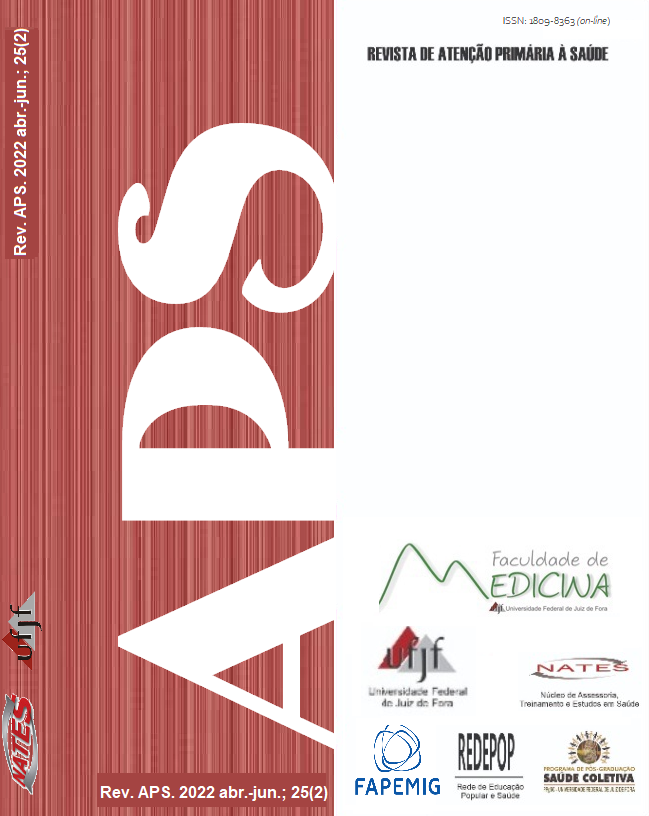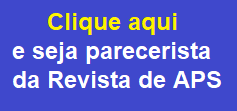Descarte inadequado de medicamentos no ambiente domiciliar e fatores associados
DOI:
https://doi.org/10.34019/1809-8363.2022.v25.36477Palavras-chave:
Armazenamento de medicamentos, Resíduos de serviços de saúde, Resíduos sólidos, Saúde ambiental, Atenção Primária à SaúdeResumo
A destinação inadequada de resíduos sólidos, como os resíduos farmacêuticos, ainda é um problema a ser superado. Neste trabalho, objetivou-se estimar a prevalência de descarte inadequado de medicamentos no domicílio; analisar a frequência de como os medicamentos são descartados e descrever os motivos de descarte. Trata-se de um estudo transversal, descritivo, realizado por meio de entrevistas com os usuários da Atenção Básica do município de Araquari, Santa Catarina. Foram entrevistados 316 participantes, sendo (74,1%) do sexo feminino, com idade entre 28 e 47 anos (46,2%), ensino médio completo e incompleto (45,2%), e que possuem rede de esgoto em suas residências (39,2%). Dentre as formas farmacêuticas, os medicamentos sólidos foram apontados com a maior proporção de descarte inadequado (71,2%), sendo a maioria em lixo doméstico (53,2%). As tubulações domésticas foram indicadas como as vias mais frequentes de descarte para medicamentos líquidos (41,1%). Conclui-se que o hábito de guarda da sobra de medicamentos está associado ao descarte inadequado nas três formas farmacêuticas avaliadas. Além disso, a baixa escolaridade também se associou ao descarte inadequado de medicamentos líquidos e outras formas farmacêuticas.











